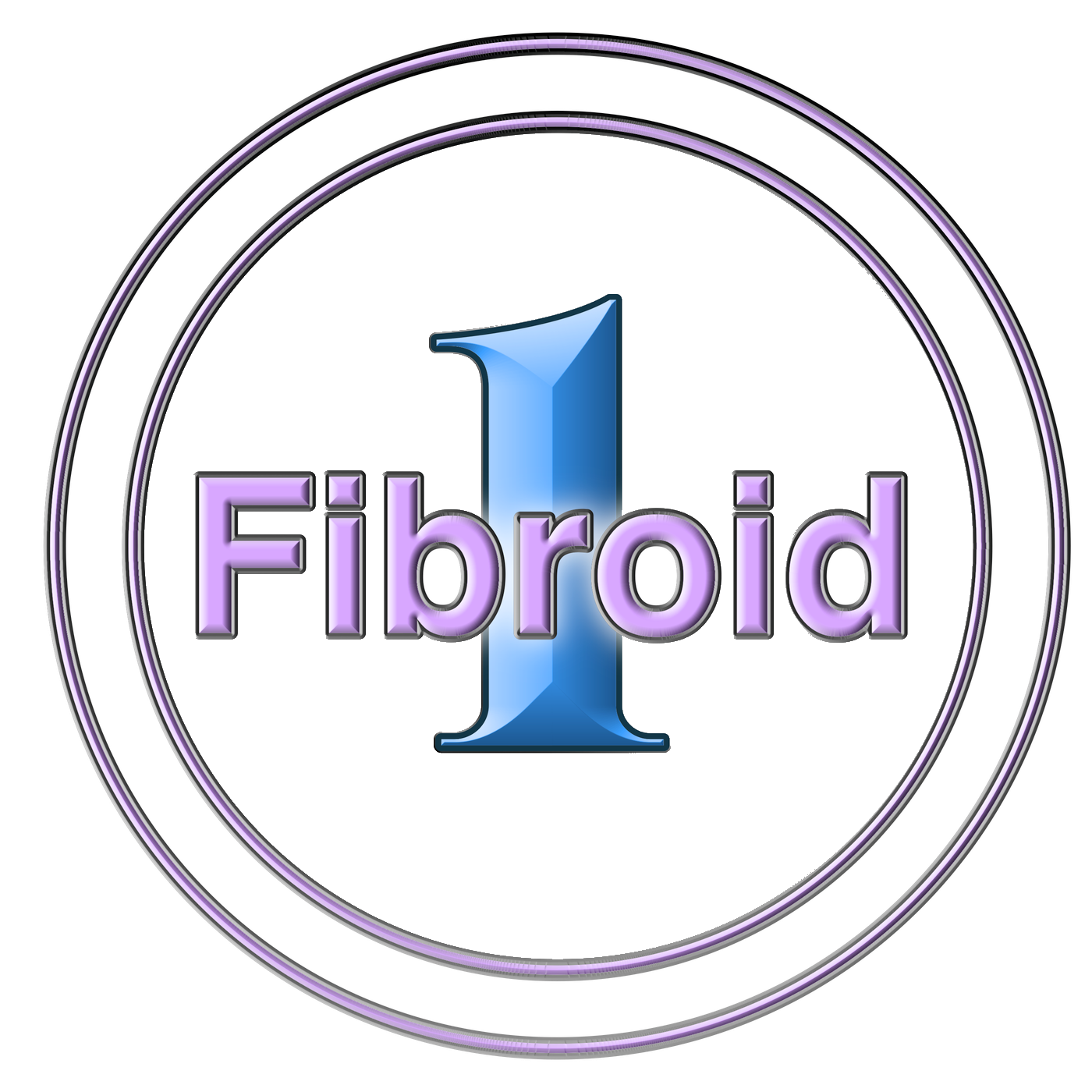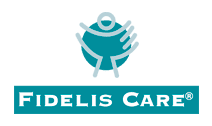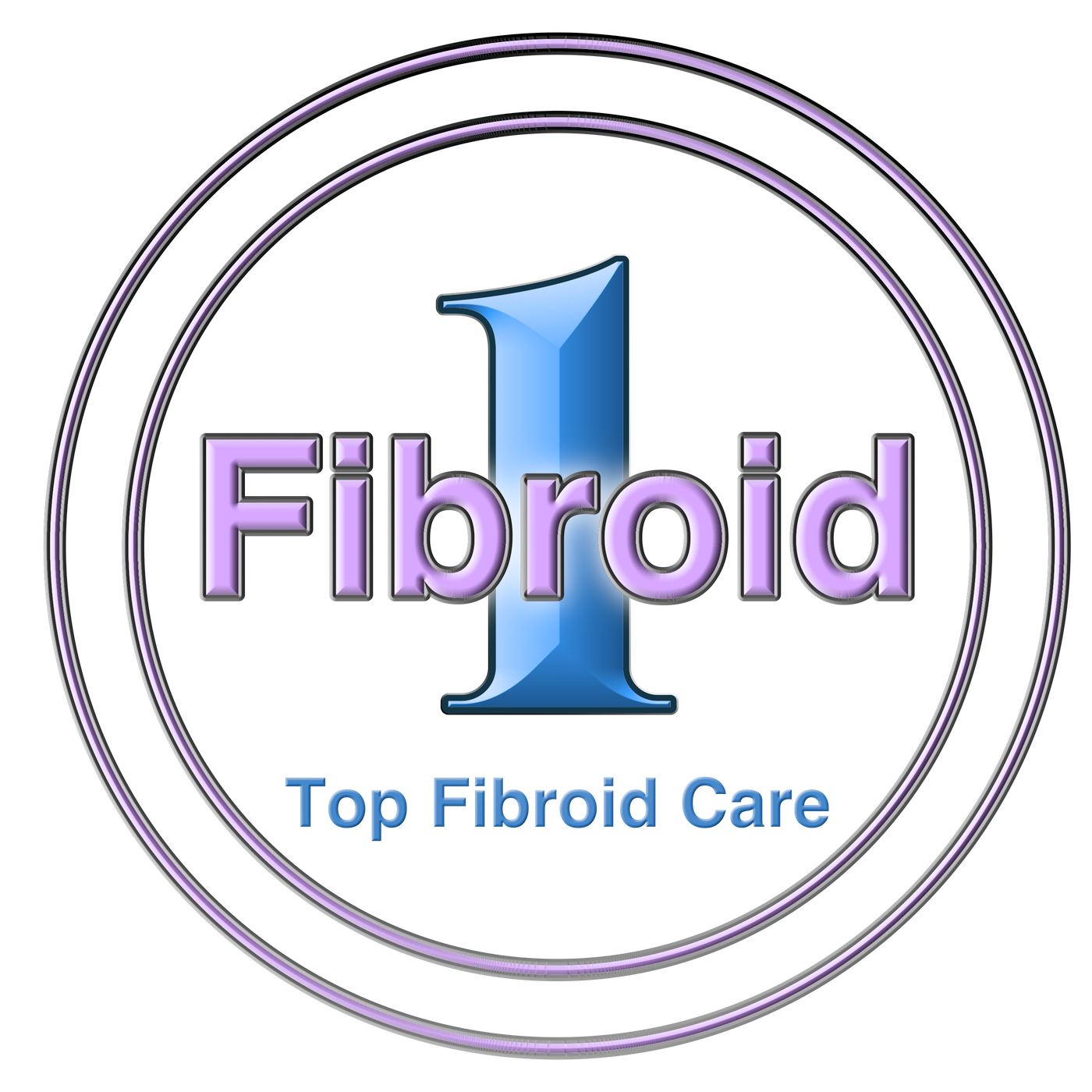For many women, the diagnosis of uterine fibroids brings up numerous questions and emotions, especially if they are hoping to conceive. While fibroids are common and often benign, their potential impact on fertility can be significant for some women. Navigating fertility challenges while managing fibroids can feel overwhelming, but with accurate information and the right medical guidance, it is possible to find a path forward. This blog from 1Fibroid in NY aims to provide compassionate insight into how uterine fibroids can affect fertility, and what can be done to improve outcomes for women who wish to become pregnant.
What Are Uterine Fibroids?
Uterine fibroids, also known as leiomyomas or myomas, are non-cancerous tumors that grow within or on the uterus. They can vary widely in size, shape, and location. Some fibroids are as small as a seed, while others can grow as large as a melon. Though their exact cause remains unknown, fibroids are influenced by hormonal factors—particularly estrogen and progesterone—and tend to grow during a woman’s reproductive years.
Most fibroids are asymptomatic and do not cause any issues, but for some women, they can lead to a range of symptoms, including heavy menstrual bleeding, pelvic pain, bloating, and, importantly, fertility challenges.
How Fibroids Affect Fertility
The relationship between fibroids and fertility is complex and depends largely on the size, number, and location of the fibroids. Here are some of the ways fibroids may impact fertility:
1. Fibroid Location Matters:
- Submucosal Fibroids: These grow within the uterine cavity and are the type most likely to interfere with conception and pregnancy. They can distort the shape of the uterine cavity, making it difficult for an embryo to implant.
- Intramural Fibroids: These develop within the muscular wall of the uterus. If they become large, they can distort the uterine cavity or reduce blood flow to the lining of the uterus, potentially affecting implantation or the ability to carry a pregnancy to term.
- Subserosal Fibroids: These grow on the outer surface of the uterus and typically have less impact on fertility. However, if they become very large, they may press against nearby organs, potentially causing discomfort or other issues.
2. Blockage of Fallopian Tubes:
Large fibroids, especially those located near the openings of the fallopian tubes, can block or compress the tubes, preventing the sperm and egg from meeting.
3. Changes in Uterine Blood Flow:
Fibroids can alter the blood flow within the uterus, potentially affecting the implantation of an embryo. Reduced blood flow may lead to a less hospitable environment for a fertilized egg.
4. Hormonal Imbalances:
Fibroids can lead to hormonal changes that may interfere with ovulation and the menstrual cycle, making it more challenging to conceive.
5. Pregnancy Complications:
Even if conception occurs, fibroids can increase the risk of certain pregnancy complications, such as miscarriage, preterm labor, placental abruption, and the need for a cesarean section. This is why managing fibroids effectively before pregnancy is crucial for many women.
Diagnosing Fibroids and Their Impact on Fertility
If you are experiencing fertility challenges and suspect that fibroids may be a contributing factor, it is important to consult with a healthcare provider for a thorough evaluation. Diagnosis typically involves:
1. Pelvic Exam: Your doctor will perform a physical exam to check for any irregularities in the size or shape of the uterus.
2. Imaging Tests: Ultrasound is commonly used to visualize fibroids. In some cases, additional imaging tests, such as MRI, hysterosalpingography, or saline-infused sonography, may be recommended to get a clearer view of fibroid size, number, and location.
Treatment Options for Fibroids and Fertility
Fortunately, there are various treatment options for women with fibroids who are trying to conceive. The right treatment approach depends on the individual case, and decisions should be made in collaboration with a healthcare provider who specializes in reproductive health.
1. Medication
Hormonal medications may help shrink fibroids and manage symptoms, but they are not a long-term solution for fertility and may not be appropriate for women actively trying to conceive. These medications can temporarily stop ovulation and alter the uterine environment, so they are typically used in preparation for another treatment.
2. Myomectomy
This surgical procedure involves removing fibroids while preserving the uterus. Myomectomy is considered the best option for women who wish to maintain their fertility. The procedure can be done through various approaches, including open surgery, laparoscopy, or hysteroscopy, depending on the size and location of the fibroids.
3. Uterine Fibroid Embolization (UFE)
UFE is a minimally invasive procedure that involves blocking the blood supply to fibroids, causing them to shrink. While UFE is effective in reducing fibroid size and symptoms, it may not be recommended for women planning to become pregnant, as it can affect the blood flow to the uterus and potentially impact fertility.
4. Lifestyle Changes
Although not a direct treatment for fibroids, maintaining a healthy lifestyle can support overall reproductive health. Eating a balanced diet, exercising regularly, and managing stress may help regulate hormones and improve fertility outcomes.
5. Assisted Reproductive Technologies (ART)
For some women with fibroids, assisted reproductive technologies such as in vitro fertilization (IVF) may be recommended. In certain cases, removing fibroids before attempting ART can improve the chances of success.
1Fibroid Is Here To Support You
While fibroids can present challenges, they do not always mean an end to fertility hopes. A comprehensive approach that considers the type, size, and location of fibroids, as well as your individual fertility goals, can lead to a personalized treatment plan designed to improve outcomes. With compassionate care, informed decision-making, and the right medical support, many women with fibroids go on to achieve successful pregnancies and fulfill their dreams of parenthood.
If you are living with uterine fibroids and curious about UFE and nonsurgical alternatives to fibroid treatment, consider 1Fibroid. 1Fibroid is based in New York, with locations in both Manhattan and Queens. We are committed to women’s care and offer non-invasive options such as medication, hormone therapy, and UFE procedures. If you’re ready to live life without the symptoms of fibroids, call us today at 212-991-9991.












